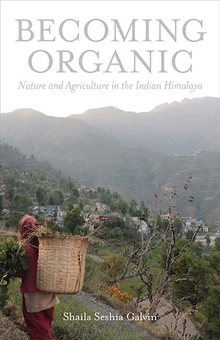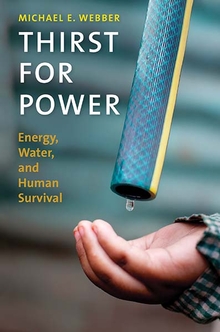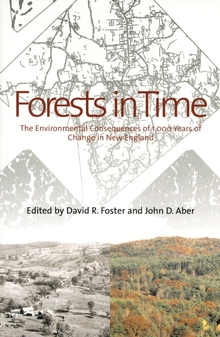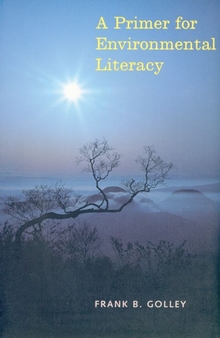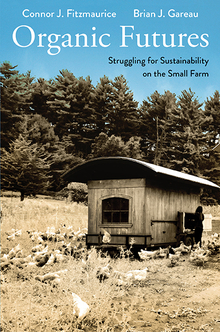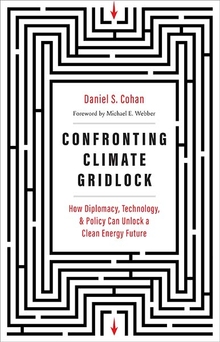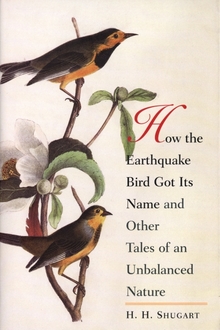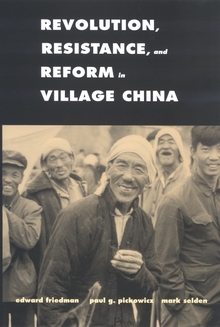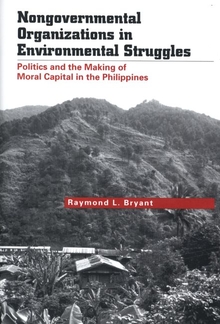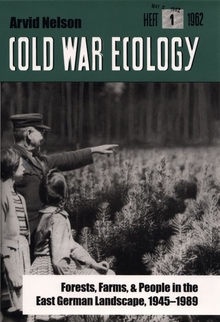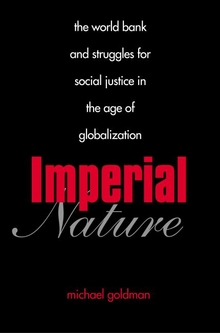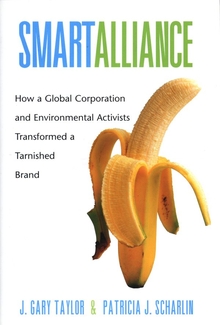Becoming Organic
WARNING
You are viewing an older version of the Yalebooks website. Please visit out new website with more updated information and a better user experience: https://www.yalebooks.com
Nature and Agriculture in the Indian Himalaya
Shaila Seshia Galvin
A rich, original study of the social and bureaucratic life of organic quality that challenges assumptions of what organic means
Shaila Seshia Galvin examines certified organic agriculture in India’s central Himalayas, revealing how the fraught concept of organic is less a material property of land or its produce than a quality produced in discursive, regulatory, and affective registers. Becoming Organic is a nuanced account of development practice in rural India, as it has unfolded through complex relationships forged among state authorities, private corporations, and new agrarian intermediaries.
Shaila Seshia Galvin is an assistant professor of anthropology and sociology at the Graduate Institute of International Development Studies in Geneva, Switzerland. She has worked with the Institute of Development Studies, the Food and Agriculture Organization, and the UK Food Ethics Council.
“What does certified organic agriculture look like in a region that has never undergone agricultural modernization? Through this beautifully written ethnography, Galvin shows us that becoming organic is more than adopting a set of agronomic practices.”—Julie Guthman, author of Wilted: Pathogens, Chemicals, and the Fragile Future of the Strawberry Industry
“In this carefully researched and beautifully written book, Shaila Seshia Galvin carefully unfolds how the quality called ‘organic’ is constructed in everyday practices of state officials, farmers, and corporation representatives.”—Shafqat Hussain, author of The Snow Leopard and the Goat: Politics of Conservation in the Western Himalayas
“The ‘organic’ is often identified with an absence, specifically of pesticides. Galvin’s beautiful ethnography attends instead to presence, illuminating the situated labors that bring the organic into being in the Indian Himalaya.”—Sarah Besky, author of Tasting Qualities: The Past and Future of Tea
Publication Date: June 15, 2021
17 b/w illus.
Download Becoming Organic: Nature and Agriculture in the Indian Himalaya as a free PDF, made available under Creative Commons.

